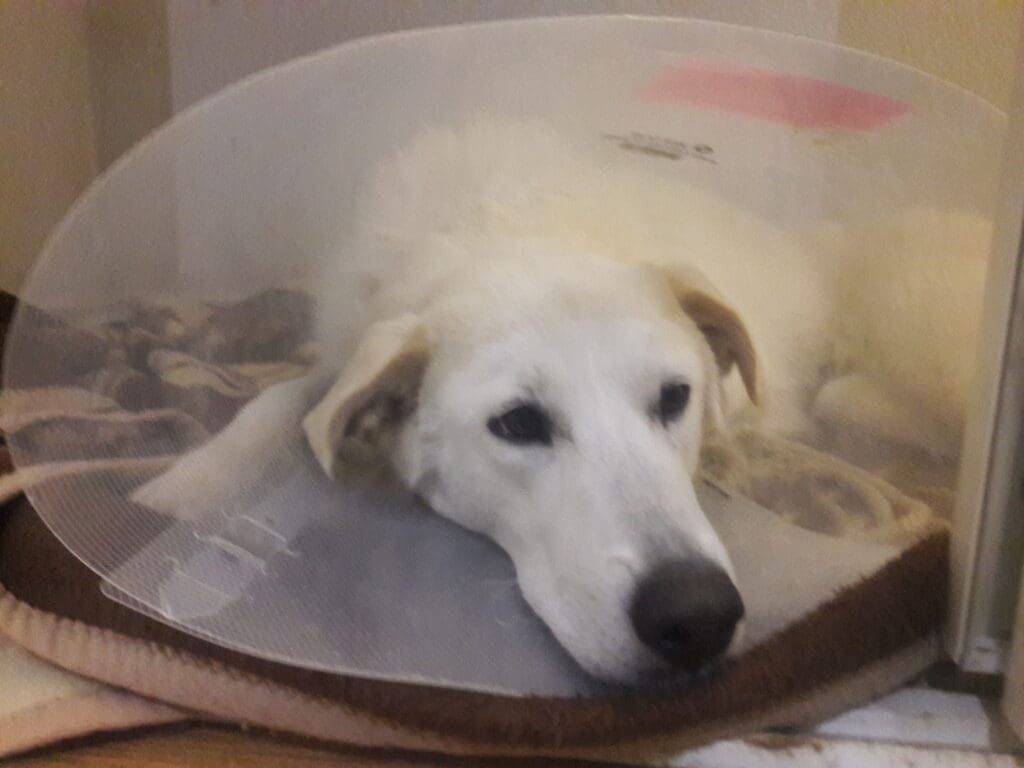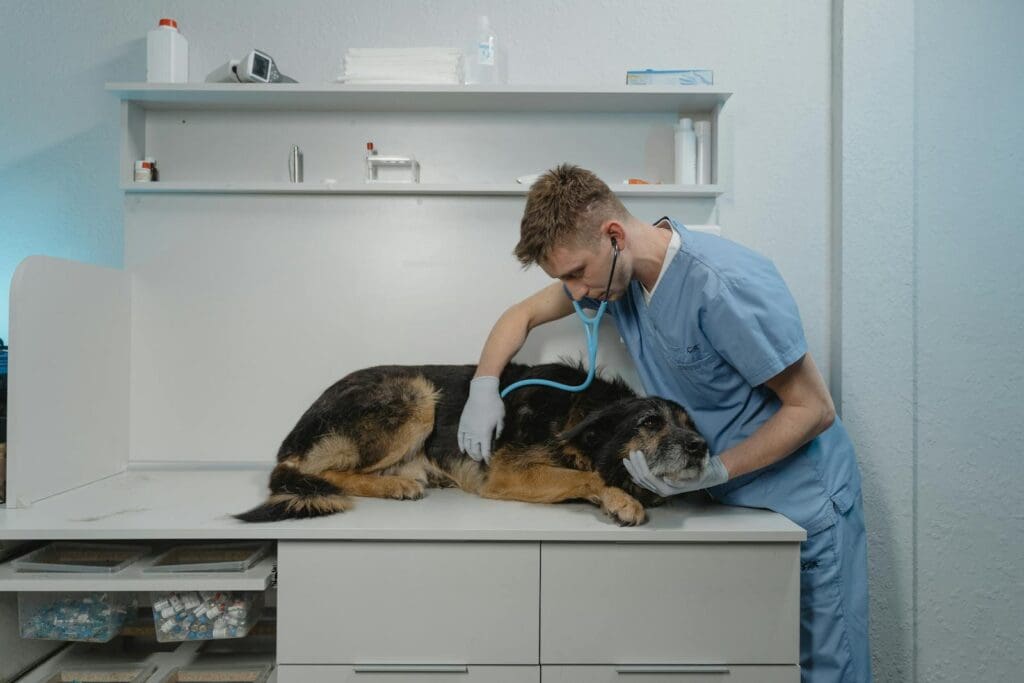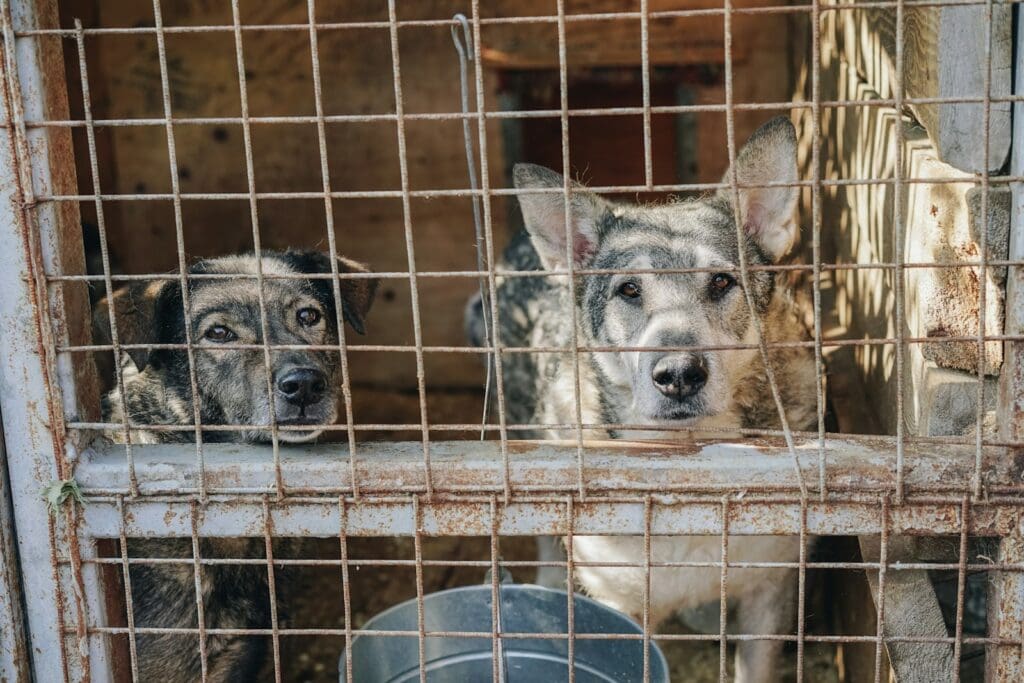Welcoming a new puppy into your home is an exciting experience but it also involves understanding and managing various health issues that young dogs are prone to face. Being informed about these concerns is crucial to ensuring the well-being and happiness of your furry friend.
This article highlights some common health problems in puppies, shedding light on their symptoms, causes, and preventive measures to help you protect your pup.
10. Allergies

Allergies in puppies can manifest as itchy skin, ear infections, or gastrointestinal issues. Common triggers include food ingredients, environmental factors like pollen, or flea bites. Watch for excessive scratching, licking, or chewing of paws. If you suspect allergies, consult your vet for proper diagnosis and treatment options, which may include dietary changes or medication.
9. Hypoglycemia

Hypoglycemia, or low blood sugar, is common in small breed puppies. Symptoms include weakness, lethargy, trembling, and seizures. It’s often caused by stress, missed meals, or overexertion. To prevent it, feed your puppy frequent small meals and keep them warm. If you suspect hypoglycemia, rub a small amount of honey on their gums and seek veterinary care immediately.
8. Urinary Tract Infections (UTIs)

UTIs in puppies can cause frequent urination, blood in urine, and accidents indoors. Watch for signs like straining to urinate, whimpering during urination, and excessive licking of the genital area. If you suspect a UTI, consult a vet promptly for proper diagnosis and treatment to prevent complications.
7. Skin Conditions

Puppies are prone to various skin issues, including allergies, parasites, and infections. Watch for excessive scratching, redness, hair loss, or scaly patches. Common problems include flea allergies, mange, and hot spots. Regular grooming and veterinary check-ups can help prevent and detect skin conditions early. Prompt treatment is crucial for your puppy’s comfort and health.
6. Respiratory Infections

Puppies are susceptible to respiratory infections, often presenting as coughing, sneezing, and nasal discharge. Common culprits include kennel cough and canine influenza. Watch for symptoms like lethargy, loss of appetite, and difficulty breathing. Prompt veterinary care is crucial, as these infections can quickly escalate to pneumonia in young dogs.
5. Vomiting and Diarrhea

Vomiting and diarrhea in puppies can be caused by various factors, including dietary changes, infections, parasites, or ingestion of foreign objects. Watch for dehydration signs like lethargy and dry gums. If symptoms persist for more than 24 hours or are accompanied by blood, seek veterinary care immediately.
4. Intestinal Parasites

Intestinal parasites are a common health concern for puppies. Watch for symptoms like diarrhea, vomiting, weight loss, or a pot-bellied appearance. Common parasites include roundworms, hookworms, and tapeworms. Regular deworming and fecal tests are crucial for prevention and early detection. Maintain good hygiene to reduce the risk of transmission.
3. Kennel Cough

Kennel cough is a highly contagious respiratory infection in puppies. Symptoms include a persistent, honking cough, runny nose, and mild lethargy. While usually not serious, it can lead to pneumonia in severe cases. Vaccination and avoiding crowded dog areas can help prevent kennel cough.
Read More: Can Cats and Dogs Get Colds?
2. Distemper

Distemper is a highly contagious viral disease affecting puppies’ respiratory, gastrointestinal, and nervous systems. Early symptoms include watery discharge from eyes and nose, fever, coughing, and lethargy. As it progresses, vomiting, diarrhea, and neurological signs may appear. Vaccination is crucial for prevention, as there’s no cure for this potentially fatal condition.
Read More: 10 Things Every New Puppy Owner Should Do
1. Parvovirus (Parvo)

Parvovirus is a highly contagious and potentially fatal disease in puppies. Symptoms include severe vomiting, bloody diarrhea, lethargy, and loss of appetite. Early signs may appear within 3-7 days of infection. Vaccination is crucial for prevention. If you suspect parvo, seek immediate veterinary care, as prompt treatment significantly improves survival rates.
Read More: Strange Dog Behaviors and Warning Signs to Watch For





